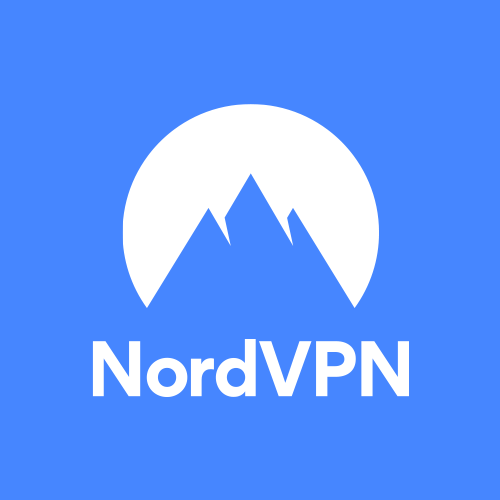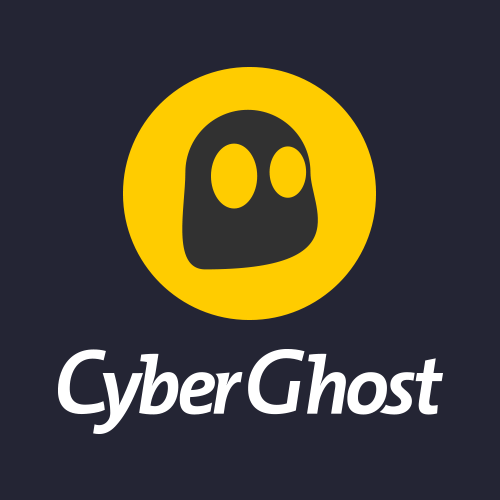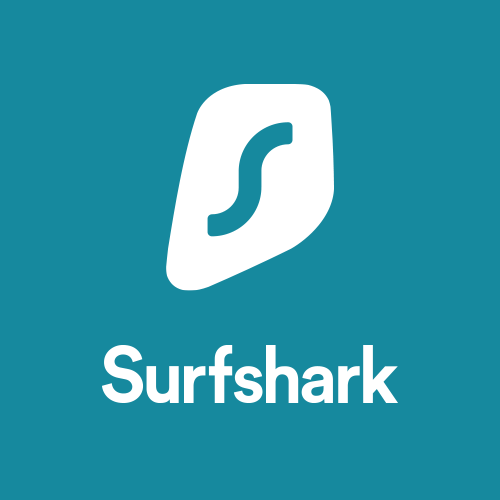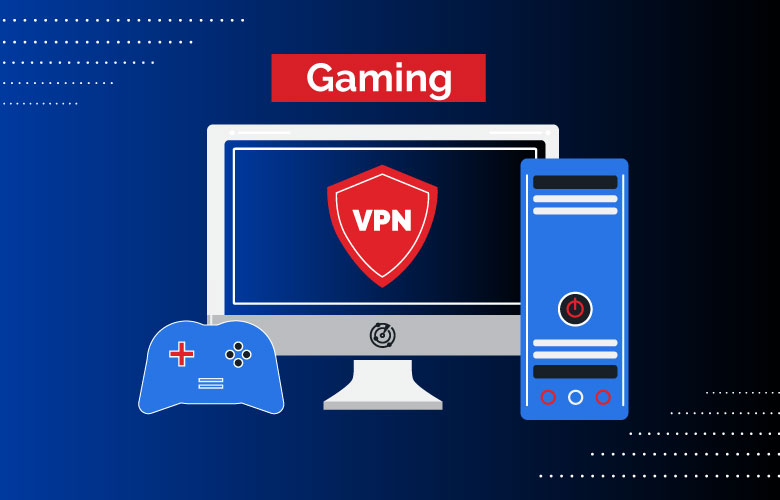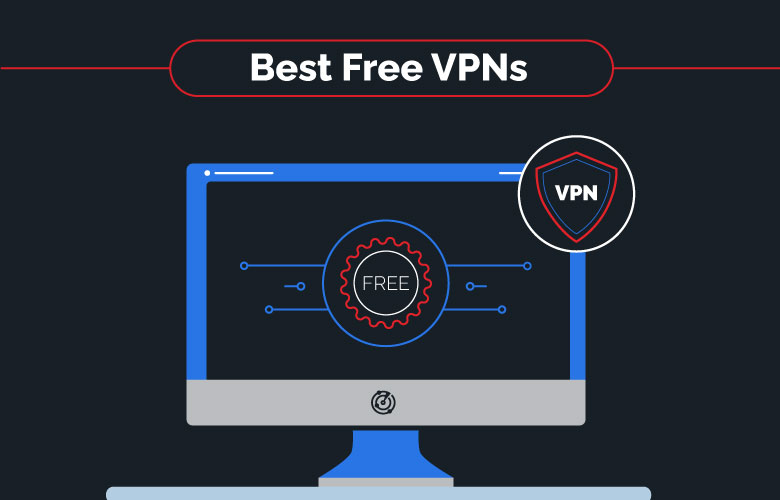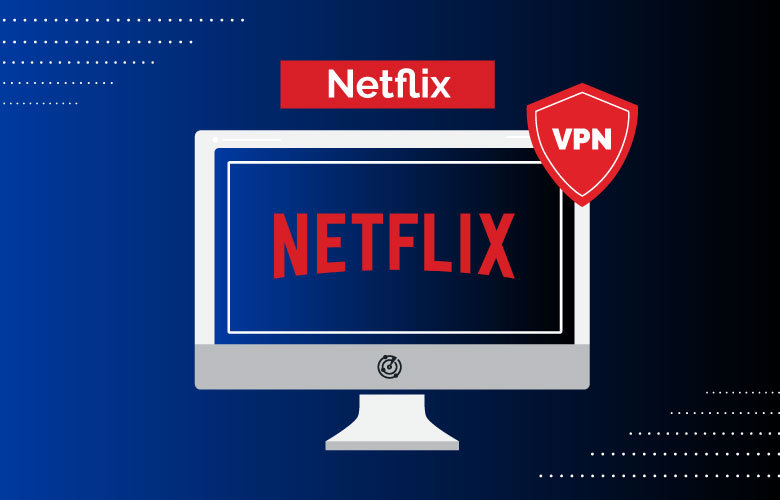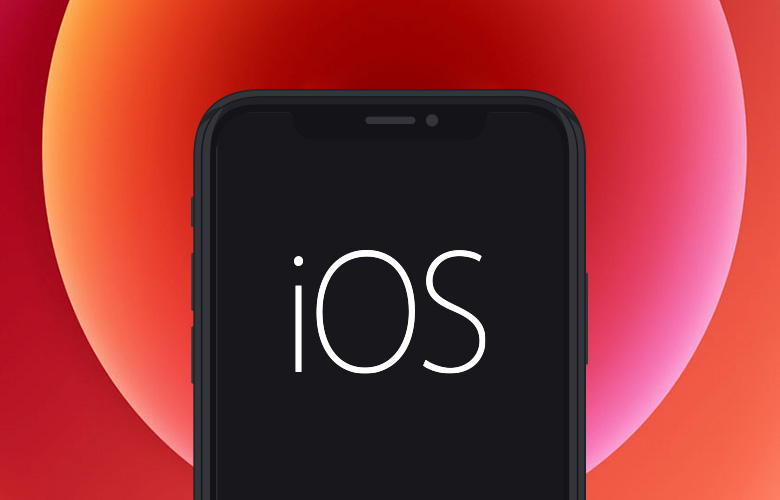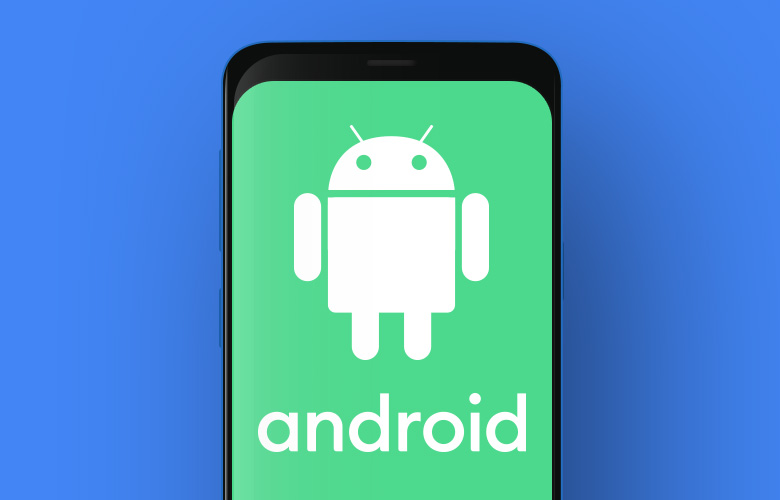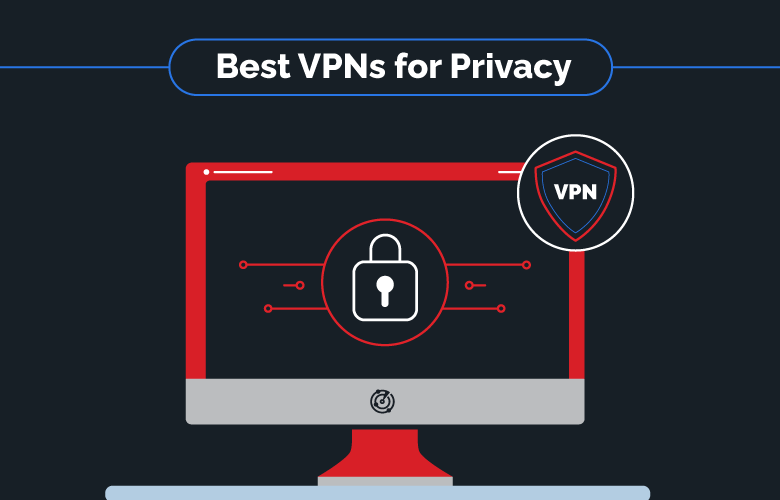
Disclaimer: Partnerships & affiliate links help us create better content. Learn how.
In the digital world, data monitoring, tracking, and collecting are commonplace. It’s a major reason why VPNs are an essential tool for users seeking to prioritize their privacy. A VPN will keep your online activity concealed by hiding your IP address and practicing a no-logs policy to protect your personal data.
There are a plethora of VPN options to choose from, but not all can be trusted when it comes to your privacy. To help narrow down your search, we tested and reviewed top-rated VPNs to find the best VPNs for privacy in 2025.
Top 5 VPNs for Privacy
pros
- Sleek app that's easy to use
- Vast array of security features
- Fast download speeds
cons
- Expensive short-term plan
- Does not accept PayPal
- Basic browser extensions
For privacy-conscious users, NordVPN is the #1 VPN for privacy. Headquartered in Panama, it’s void of any ties to international surveillance alliances or retention laws that might compromise your privacy. This VPN also undergoes yearly third-party audits to test and verify its privacy and logging claims.
NordVPN’s policy states, “NordVPN guarantees a strict no-logs policy for NordVPN Services, meaning that your internet activity while using [our] services is not monitored, recorded, logged, stored, or passed to any third party.”
Aside from privacy, NordVPN delivers impressive speeds and supports both streaming and torrenting on multiple servers across its network. A single subscription can support up to 6 devices at once and is backed by a 30-day, risk-free money-back guarantee.
For more in-depth information, read our NordVPN Review.
pros
- Fast, secure & easy to use
- Supports torrenting/P2P
- Up to 7 devices per subscription
cons
- No OpenVPN option on Mac and iOS
- UK-based ownership
- Router config. requires a learning curve
Based in Romania, CyberGhost is another VPN dedicated to users’ online privacy. It provides various options for you to maintain your anonymity – namely a strict no-logs policy, IP masking, and the ability to pay for its service using cryptocurrency.
CyberGhost is very upfront with their privacy protocols on their website stating, “We have no idea about your traffic data such as browsing history, traffic destination, data content, and search preferences. These are NOT monitored, recorded, logged, or stored by us.”
Aside from securing your data, CyberGhost is also great for streaming and torrenting. It has a worldwide network that includes 80+ dedicated P2P servers and unblocking capabilities. A CyberGhost subscription comes with up to 7 simultaneous device connections and apps compatible with Mac, Windows, iOS, Android devices, and more.
Check out our complete CyberGhost VPN review to learn more.
pros
- Great value for the money
- Top pick for unblocking streaming sites
- Unlimited device connections
cons
- Based in the Netherlands
- Slow upload speeds on far-away servers
From a privacy perspective, Surfshark covers its bases well. Based in the British Virgin Islands, it’s protected by stricter privacy and anonymity laws than those of the US or Europe. Surfshark also holds multiple third-party audits from Cure35, most recently a 2021 holistic audit of its logging policy and encryption methods to ensure users of its privacy claims.
With a single subscription, users receive affordable plan options, a built-in ad blocker feature, and a 30-day money-back guarantee to try their service before locking in a long-term plan.
Discover what else Surfshark has to offer in our full Surfshark VPN review.
4. Private Internet Access
Add to Compare
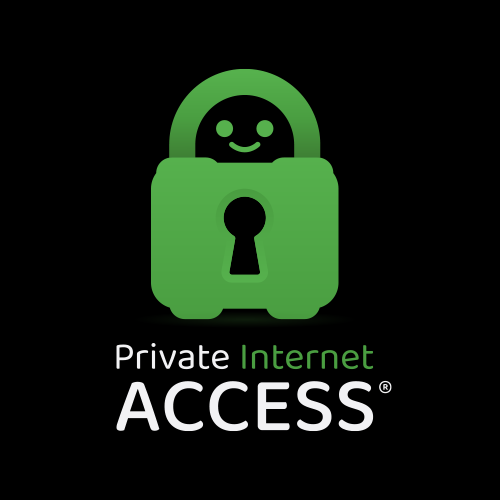
Long-standing provider with robust security features
Visit Private Internet Accesspros
- Affordable premium subscriptions
- Up to 10 simultaneous connections
- Secure & customizable encryption
cons
- Room for interface improvements
- Limited advanced features
- Lacking recent no-logs policy audit
Private Internet Access (PIA) is a long-standing VPN provider that comes with a massive server network, and multiple advanced features. For privacy specifically, PIA offers dedicated IPs, IPV6/DNS/WebRTC leak blocking, and a kill switch. These are especially important for reporters and businessmen who rely on a private connection to protect their information.
Their logging policy is highly regarded, and states, “Logs are never written to the hard drives of any of our machines and are specifically written to the null device, which simply acts if the data never existed.”
All in all, PIA is a reliable VPN for privacy-focused users. It does exactly what you’d hope for in a premium VPN — hides your IP address and keeps your data private from third parties.
For more in-depth information, read our Private Internet Access VPN Review.
pros
- Supports torrenting & P2P
- Dynamic IP addresses
- Zero-logs policy
- No IP address/DNS/IPV6 leaks
- Unlimited connections
cons
- Cluttered interface
- Under 5 Eyes surveillance
- Doesn’t work in China
The IPVanish app promises airtight security and a zero-logs policy, which is crucial for users in seeking anonymity online. IPVanish ensures user information is kept anonymous and private from third parties, like web browsers and advertising agencies.
To help back that up, their privacy policy mentions, “IPVanish does not collect, monitor, or log any traffic or use of its Virtual Private Network service on any platform.”
If you’re as intrigued as we were when testing it, consider trying IPVanish risk-free for 30 days. You can protect unlimited devices at the same time, access fast servers, and obfuscate some of the toughest geo-blocks around the world.
Take a look at our in-depth IPVanish VPN Review to see what else it has to offer.
Privacy VPN FAQs
1. Are VPNs safe?
While some premium VPNs offer bonus security features to protect you online, it’s important to remember that the main function of a VPN is privacy first. VPNs don’t work in the same way as anti-virus software. Instead, VPNs work to safely hide your IP address and encrypt your online data to maintain your privacy online.
2. Can I get a VPN for free?
Yes. There are hundreds of free VPNs available in the Google Play Store and App Store. Be careful, though. “Free” still comes with a price; what you don’t pay for with money you end up making up for with your own personal data.
3. Which VPN is best for privacy?
The best VPN for privacy is one that can successfully hide your IP address, provides end-to-end encryption, and doesn’t log any identifiable user information. Providers that make our list have passed all of these criteria and then some.

